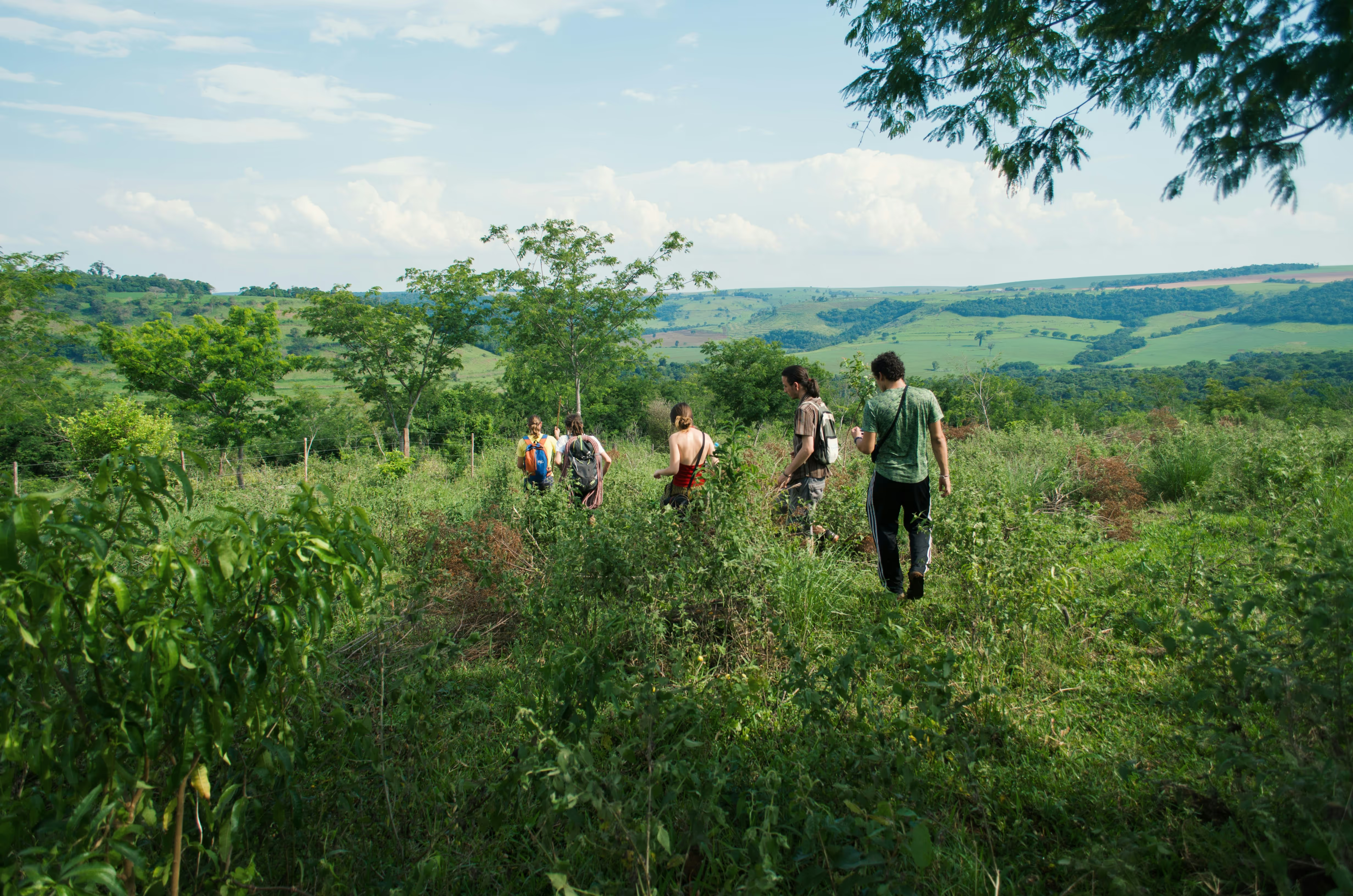
Together for Argentina’s Living Legacy
Argentina’s forests are more than just trees. They are part of the lungs of our planet, home to a remarkable diversity of species, and the foundation of life for millions of people. Yet this irreplaceable ecosystem faces unprecedented threats from climate change, deforestation, and unsustainable development. At Arbol y Tierra, we believe the time for fragmented action has passed.
We are a national coalition of scientists, activists, and communities united by a single goal: to protect and restore Argentina’s forests while building climate resilience for future generations.
Why Argentina Needs Arbol y Tierra Now
Needs
Climate Crisis
Rising temperatures and extreme weather events threaten ecosystems from the Yungas to Patagonia.
Deforestation
Over 150,000 hectares of Argentine forests are lost annually, roughly equivalent to one soccer fields every minute.
Community Vulnerability
Indigenous peoples and rural communities bear the brunt of environmental degradation.
Our Approach
Arbol y Tierra combines cutting-edge science, Pan-South American collaboration, and community leadership to create lasting solutions. Unlike traditional conservation efforts, we:
01
Operate across Argentina’s most threatened regions, addressing root causes rather than symptoms.
02
Partner with local communities as equal stakeholders in conservation.
03
Focus on scalable models that balance ecological protection with economic needs.
Our Priorities
Priorities
01
Climate Resilience
From the Andean glaciers to the Gran Chaco's dry forests, we're helping ecosystems and communities adapt to a changing climate through:
Rewilding programs to restore natural carbon sinks.
Climate-smart agriculture training for thousands of Argentine farmers by 2026.
Advocacy for renewable energy transitions in key industries.
%20(1).webp)
02
Deforestation Prevention
Using satellite monitoring, policy reform, and sustainable alternatives, we're tackling deforestation in critical regions like:
The Yungas
The Yungas, one of Argentina's most biodiverse yet threatened ecosystems, has lost about half of its original forest cover due to logging, agriculture, and monoculture plantations; less than 20% remains in good condition, and rapid fragmentation continues to endanger unique species and local communities.
Gran Chaco
The Gran Chaco faces Argentina's highest deforestation rates, losing nearly 150,000 hectares in 2024 alone, primarily from agriculture and fires, resulting in severe biodiversity loss, climate impacts, and increased vulnerability for rural and Indigenous populations.
Patagonian forests
Patagonian forests are threatened by expanding livestock grazing, logging, and climate change, leading to habitat fragmentation and loss of unique flora and fauna, with many areas lacking effective protection and facing mounting pressures from development and wildfires.
03
Community Empowerment
From the Andean glaciers to the Gran Chaco's dry forests, we're helping ecosystems and communities adapt to a changing climate through:
Legal aid for land titling and territorial defense.
Ecotourism partnerships that generate income while protecting biodiversity.
Youth-led environmental education programs.
